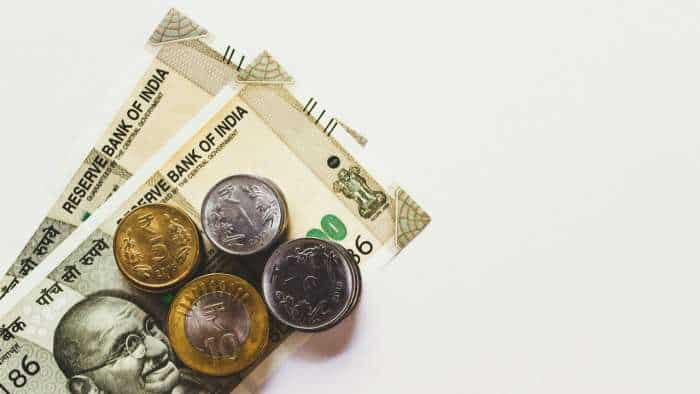China, world's top graphite producer, to curb exports of key battery material
China's commerce ministry said the move was "conducive to ensuring the security and stability of the global supply chain and industrial chain, and conducive to better safeguarding national security and interests".
)
China said on Friday it will require export permits for some graphite products to protect national security, in its latest move to control supplies of critical minerals in response to challenges over its global manufacturing dominance.
China is the world's top graphite producer and exporter. It also refines more than 90% of the world's graphite into the material that is used in virtually all EV battery anodes, which is the negatively charged portion of a battery.
Beijing is requiring the export permits at a time when many foreign governments are increasing their pressure on Chinese companies over their industrial practices.
The European Union is weighing levying tariffs on Chinese-made EVs, arguing they unfairly benefit from subsidies. Also, the U.S. government earlier this week widened curbs on Chinese companies' access to semiconductors, including stopping sales of more advanced artificial intelligence chips made by Nvidia.
China's commerce ministry said the move was "conducive to ensuring the security and stability of the global supply chain and industrial chain, and conducive to better safeguarding national security and interests".
It added that it was not targetting any specific country. Top buyers of graphite from China include Japan, the United States, India and South Korea, according to Chinese customs data.
Under the new restrictions, China will require as of December 1 that exporters apply for permits to ship two types of graphite, including high-purity, high-hardness and high intensity synthetic graphite material, and natural flake graphite and its products.
Three types of "highly sensitive" graphite items had already been under temporary controls, the commerce ministry said, and are included in the new list.
Meanwhile, it dropped temporary controls on five less sensitive graphite items used in basic industries such as steel, metallurgy, and chemicals.
With rising sales of electric vehicles, automakers are racing to lock in supplies from outside China, but shortages are looming.
"With this new graphite export curb, South Korean firms which heavily rely on China for graphite imports would need to seek alternatives, such as mines from the United States or Australia, but it would likely increase the cost burden for many," said Kang Dong-jin, an analyst at Hyundai Motor Securities.
Japan's top government spokesperson Hirokazu Matsuno said on Friday the country plans to ask China about the "operational policies" of the new measures and will "take appropriate steps" if they violate World Trading Organization rules.
Shares in China's new energy vehicle and battery makers rose after the announcement.
SIMILAR CURBS
The curbs are similar to those in place since Aug. 1 for two chip-making metals, gallium and germanium. The restrictions have slashed exports of those metals recently and pushed up prices outside of the country.
Analysts said it was not clear how much impact the new measures on graphite will have in the short term.
"This control is not a complete ban, and there has been no significant impact on any industry during the previous temporary control," said Ivan Lam, a senior analyst at Counterpoint Research.
Prices for natural flake graphite were 3,950 yuan ($539.62) a metric ton this week, down 25.5% from the beginning of this year because of declining demand from the EV sector, according to Mysteel.
Still, exports are likely to rise ahead of Dec. 1, said Echo Ma, an analyst at Rystad Energy, especially to countries with established battery industries like Japan, South Korea and the United States.
"We believe that the average price of graphite will continue to rise in the future due to supply and demand imbalances, including Russia, which was one of the major graphite suppliers before the Russia-Ukraine war," said Counterpoint's Lam.
China has reduced natural graphite mining in recent years to protect the environment, instead ramping up synthetic graphite output since 2021. The synthetic form now accounts for 70% of China's output, according to consultancy Mysteel.
Get Latest Business News, Stock Market Updates and Videos; Check your tax outgo through Income Tax Calculator and save money through our Personal Finance coverage. Check Business Breaking News Live on Zee Business Twitter and Facebook. Subscribe on YouTube.
RECOMMENDED STORIES

Largecap, Midcap, Smallcap Stocks To Buy: Analysts recommend buying 3 stocks for 2 weeks; note down targets

Power of Rs 15,000 SIP: How long it will take to achieve Rs 7 crore corpus? See calculations to know

Katra-Srinagar Vande Bharat Train: Northern Railway announces train timings; check fare, route and other key details
02:29 PM IST








